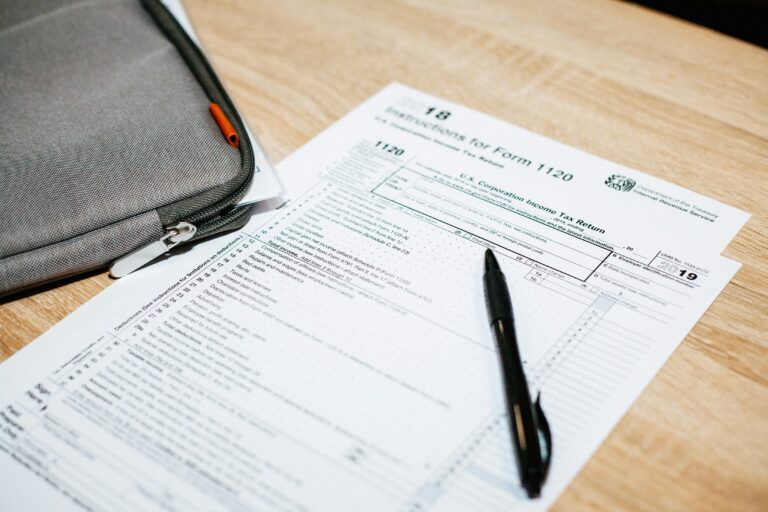
On April 9 this year the government passed a bill to amend the Law on Exchange of Tax Information with Other Countries and Certain Other Laws (DAC7).
The bill will require operators of digital platforms to collect and report to the tax administration information about sellers who have made transactions through these platforms.
EU regulations
The proposed regulations implement the so-called DAC7 Directive, i.e. Council Directive (EU) 2021/514 of March 22, 2021, amending Directive 2011/16/EU on administrative cooperation in the field of taxation, which should be implemented by the end of 2022.
The new legislation does not change the existing tax rules for people selling online.
The law’s entry into force will increase the availability of data to tax administrations on taxpayers’ income derived from sales made through digital platforms. The limited availability of this data is due, among other things, to the cross-border nature of transactions made through digital platforms and their significant number.
Entities required to report
The statutory obligation to collect and report information on sellers who have transacted via platforms is to apply to entities such as:
- online e-commerce platforms,
- accommodation booking platforms,
- transportation rental platforms,
- platforms for ordering car rides.
Importantly, small and occasional sellers of goods who have made less than 30 transactions of this kind during the year and whose total remuneration for such transactions did not exceed the equivalent of €2,000 in a given year are excluded from annual reporting by digital platform operators to the Head of the National Tax Administration.
Reporting obligation
According to the planned regulations, implementation of the directive will take place through:
- introducing an obligation for digital platform operators to collect and verify information on sellers who sell goods and services through these platforms,
- standardizing the way platforms report information on sellers to the tax authorities of the relevant EU member states,
- annual reporting by digital platform operators of the above information to the Head of the National Fiscal Administration (excluding data on small sellers),
- automatic exchange of the information so obtained between the tax authorities of the relevant countries.
The collection and transfer of information to the tax administration will help reduce tax evasion in the digital space.
According to the government’s announcements, conditions of equal competition will be restored between vendors selling their goods and services in the traditional manner and those operating via digital platforms, as well as between vendors who reliably pay taxes and those who have so far evaded taxes.
It is planned that the new regulations will come into effect from July 1, 2024, with the reporting obligation potentially applying from January 1, 2023.
Contact
Check out our tax compliance services or contact us directly. We are here to make running your business easier.
We provide ongoing tax compliance services.






